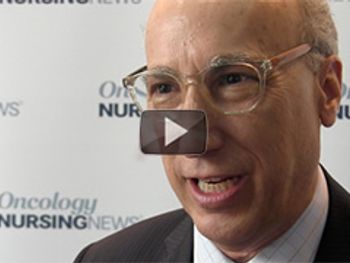
Barry Berger, MD, Exact Sciences Corporation, discusses Cologuard, an at-home screening for colorectal cancer.

Barry Berger, MD, Exact Sciences Corporation, discusses Cologuard, an at-home screening for colorectal cancer.
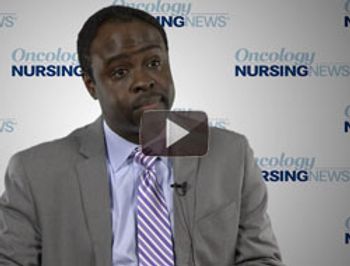
Joseph Ravenell, MD, MS, from NYU Langone Medical Center, discusses access to screening among black men.

Focusing on a fiber-rich diet at a young age may help lower the risk of developing breast cancer later, according to findings of a new study.
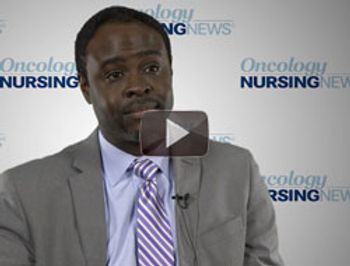
Joseph Ravenell, MD, MS, discusses some of the challenges with screening black men for colon cancer.
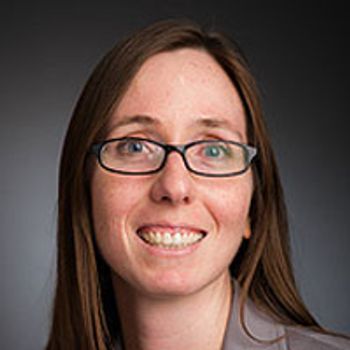
Mounting research continues to show increased risk of cancer recurrence and death in obese individuals, but findings of a new study highlight the benefits of weight-loss interventions for overweight and obese cancer survivors.
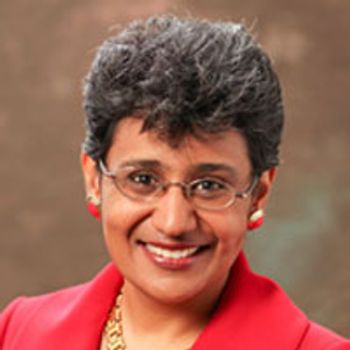
Using an individualized approach to decide whether asymptomatic women under age 50 should have mammograms is at the center of the final screening guidelines published by the US Preventive Services Task Force (USPSTF), but the group
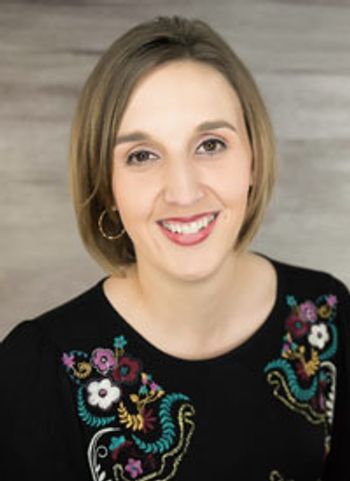
It's a new year, new you... learn how you can help patients get on a healthy track this year.
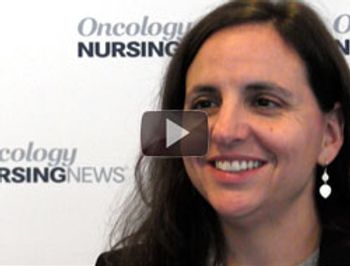
Jennifer Temel, MD, clinical director of thoracic oncology at Massachusetts General Hospital, discusses screening for pain and other cancer-related symptoms.
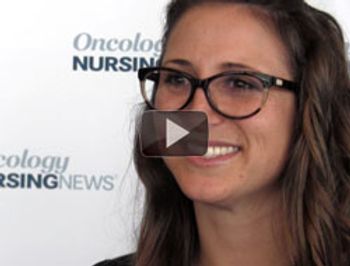
Alison Morris, RN, OCN, a Hematology/Oncology nurse practitioner at Stanford Health Care, discusses screening patients with cancer for emotional and physical distress as well as developing a nurse-led algorithm to categorize distress.
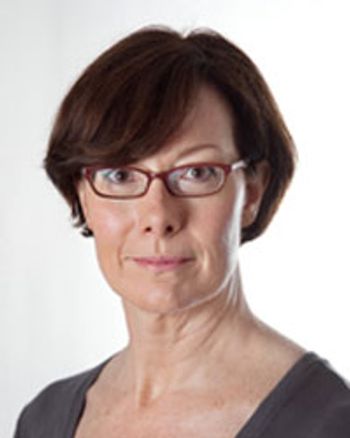
Women at an elevated risk of breast cancer may be able to avoid preventive procedures with regular aerobic exercise, according to a new study published in Breast Cancer Research and Treatment.

Despite having significantly elevated risks of long-term health problems, many cancer survivors eat poorer-quality diets than the general population.
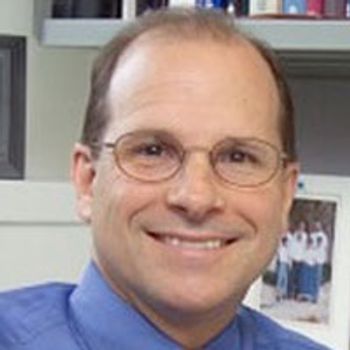
The American Cancer Society (ACS) has revised its breast cancer screening guidelines, recommending that women at an average risk of breast cancer receive a mammography annually starting at age 45-5 years later than previous recommendations formulated in 2003.

Good nutrition is an important component in any patient's cancer journey. A healthy diet is needed to maintain appropriate body weight and strength, absorb the proper nutrients, keep body tissue healthy, and fight infection.

The American Psychosocial Oncology Society (APOS) partnered with Yale School of Nursing to launch the Screening for Psychosocial Distress Program in 2014.
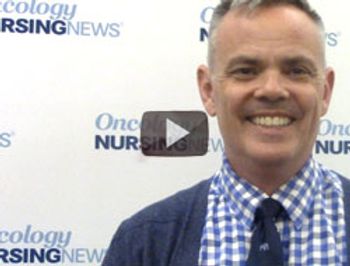
Mark Lazenby, PhD, associate professor at Yale School of Nursing and incoming president of American Psychosocial Oncology Society (APOS), discusses the Screening for Psychosocial Distress Program, which was launched in 2014 by APOS in partnership with Yale School of Nursing.

Oral contraceptives may provide long-term protection against endometrial cancer.
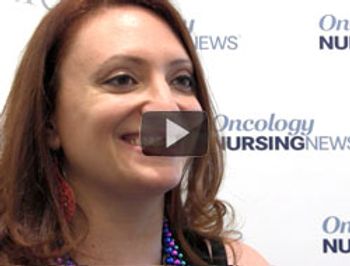
Dana Bushman, a certified yoga instructor, discusses the benefits of yoga for a patient, survivor or caregiver.

Mary B. Daly, MD, PhD, from Fox Chase Cancer Center, discusses the proper timing for screening patients with a family history of cancer.

ASCO updates clinical guideline screening among patients at high risk for HBV infection or HBV reactivation after chemotherapy.

Weight training was shown to help stave off deterioration of physical function in breast cancer survivors, conferring a benefit twice that of women in a control group who did not participate in the weight-lifting intervention.

Omega-3 may be harmful when taken in conjunction with chemotherapy.

Newly reported findings from a randomized phase III vaccine efficacy trial demonstrate that HPV vaccination may offer protection against HPV-related cancers across multiple tumor sites in women aged 18-25 who had been previously exposed to the human papillomavirus, with the vaccine effective in more than half of these women.

A new study has shown that vaccinating adolescent boys may be cost-effective for preventing oropharyngeal cancer, a disease that's projected to become the most common HPV-related cancer by 2020.

Once a terminal illness, HIV is now considered a chronic disease due to the advances in highly active antiretroviral treatment (HAART).
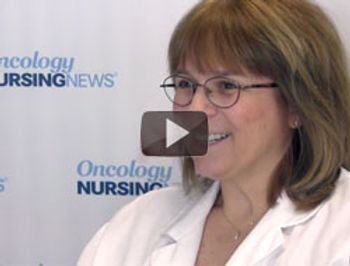
Kim M. Hirshfield, MD, PhD, medical oncologist, Stacy Goldstein Breast Cancer Center, Rutgers Cancer Institute of New Jersey, discusses selecting individuals to screen for genetic mutations and the challenges of better selecting patients to screen.

A new study has shown that men with a high fitness level in midlife are not only at a lower risk of developing lung and colorectal cancer, they're also at a lower risk of dying from cancer if they're diagnosed later in life.
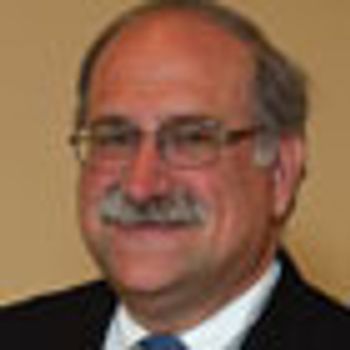
The continuing contentious debate about screening for prostate cancer remains top of mind among the public and lay press, but, Leonard G. Gomella, MD, told attendees at the 8th International Prostate Cancer Congress, the decision to screen or not to screen boiled down to "using common sense, shared decision making, and choosing the right patients to screen."

Screening for psychosocial distress is an important component of care, and has even been referred to as the "sixth vital sign."
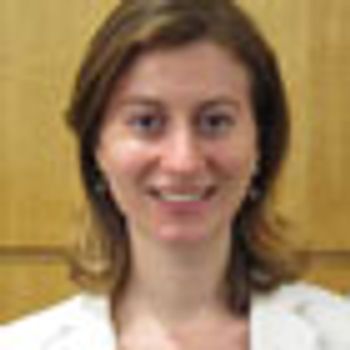
When motivating people to get screened for cancer, fear may not be the best way to do it.

Few clinicians are asking about their use and most lack knowledge about them.